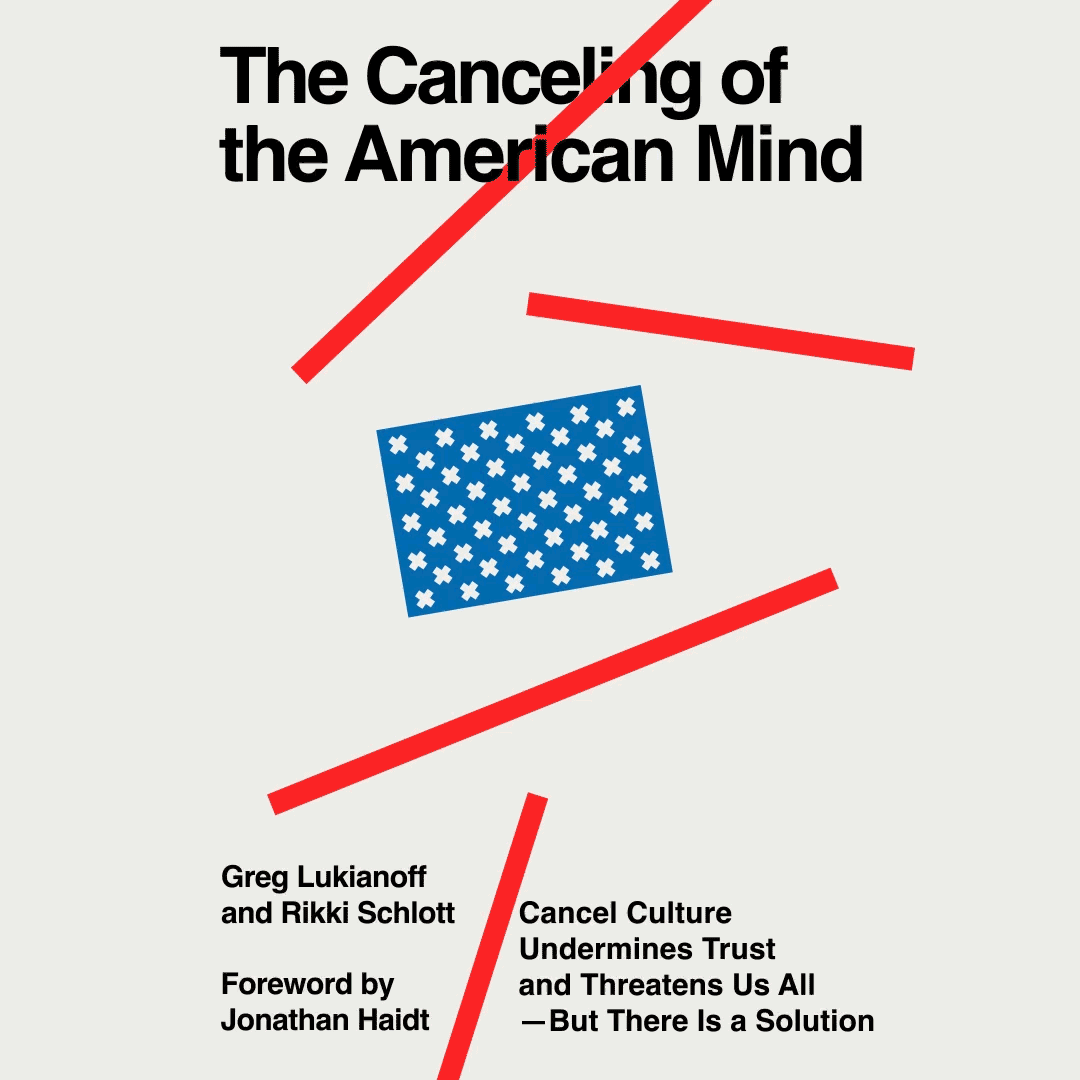Canceling the anthropology talk doesn’t stop the talk
We have to learn to discuss difficult and contentious topics intelligently.
The thing about cancellations is that they don’t change minds and they encourage people to only talk to those they already agree with.
Whether they’re toward people, ideas, or events, attempts to prevent speech often backfire by amplifying and multiplying conversation on the very topic in question. Take the recent dustup behind the scenes of the American Anthropological Association (AAA) and Canadian Anthropology Society (CASCA) annual meeting, which could easily have been a case study in Greg’s forthcoming book with Rikki Schlott, The Canceling of the American Mind.
A panel entitled “Let’s Talk About Sex, Baby: Why biological sex remains a necessary analytic category in anthropology,” was approved for the conference this past July. But after receiving a number of complaints the AAA and CASCA boards informed the panelists that the event would be canceled.
In a letter to the panelists, AAA President Ramona Pérez and CASCA President Monica Heller explained that they pulled the panel because “the ideas were advanced in such a way as to cause harm to members represented by the Trans and LGBTQI of the anthropological community as well as the community at large.”
Naturally, this led to an uproar—beginning with a statement from the canceled panelists themselves, followed by a statement from AAA and CASCA with the title “No Place For Transphobia in Anthropology: Session pulled from Annual Meeting program,” and a statement of support for the decision by a number of anthropologists. This was followed by articles in places like The New York Times, Newsweek, National Review, Retraction Watch and popular Substacks, an open letter from FIRE emphasizing the need for intellectual freedom and open discourse, and of course a flurry of commentary, criticism, and conversation on social media.
Statements about statements, responses to responses, comments on comments, but very little actual dialogue.
Apart from the damage done to people’s lives and reputations, as well as to the credibility of many of our institutions, cancellations like this have another cost we often don’t register. It's a version of the Streisand Effect: Whereas the panel could have come and gone, and we could have benefitted from anthropologists hashing it out, the topic is now a protracted series of conversations about the conversation that didn't happen and why.
All of this in lieu of just having the talk—which, by the way, would have been far more interesting and nuanced than critics likely anticipated. “Lively contestation would have been welcomed by the panelists,” they wrote in their statement, “and may even have occurred between us, as our own political commitments are diverse.”
We have to learn to discuss difficult and contentious topics intelligently. And what better place to have this intelligent engagement than within professional organizations like AAA and CASCA?
The point is to have experts in a field get into the topic at a high level, and provide us with a level of insight we may not otherwise get—and because the panel was canceled, we are not getting.
As for the complaints and claims of “harm” that the mere discussion of certain topics will supposedly cause, what of the fact that now the conversation is being had by everyone except the anthropologists? Isn’t there a great deal of harm in that? We think there is.
SHOT FOR THE ROAD
Are you a faculty member and want to sign on to FIRE’s open letter to the American Anthropological Association and Canadian Anthropology Society?
Email facultyoutreach@thefire.org with your name, title, and affiliation, and we’ll add you to the list of signatories.







“...what of the fact that now the conversation is being had by everyone except the anthropologists?” Professional peer pressure.
The claim that discussion of biological sex is “harmful“ to trans folk is offered with zero evidence, while evidence that “gender-affirming care" is harmful is dismissed.